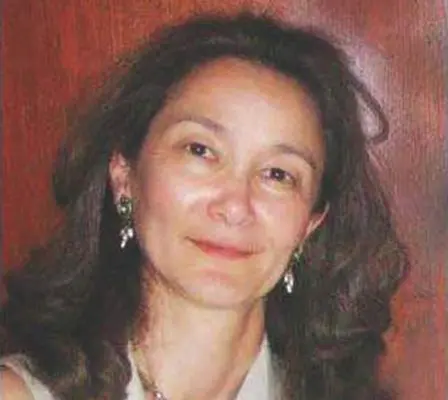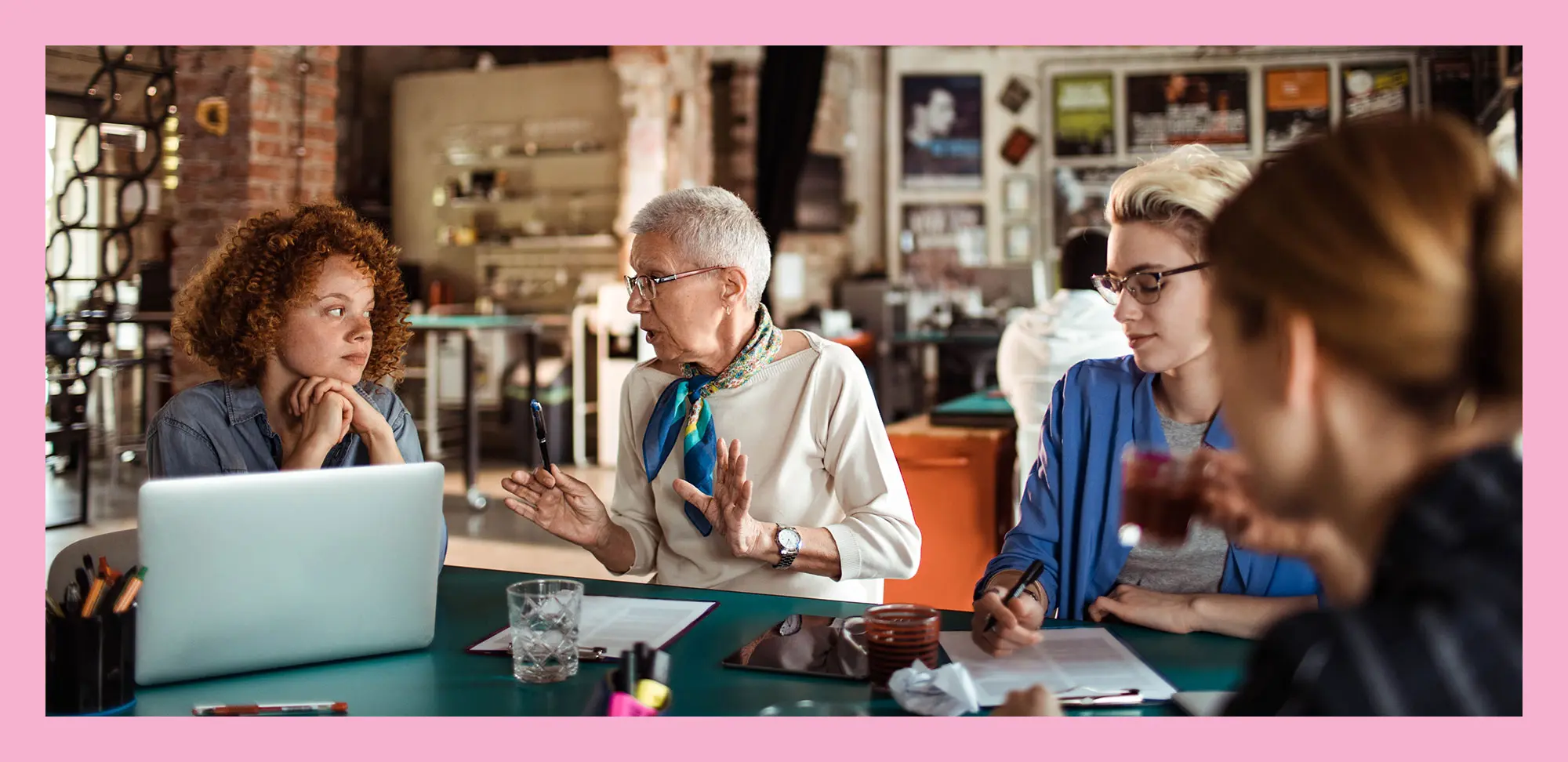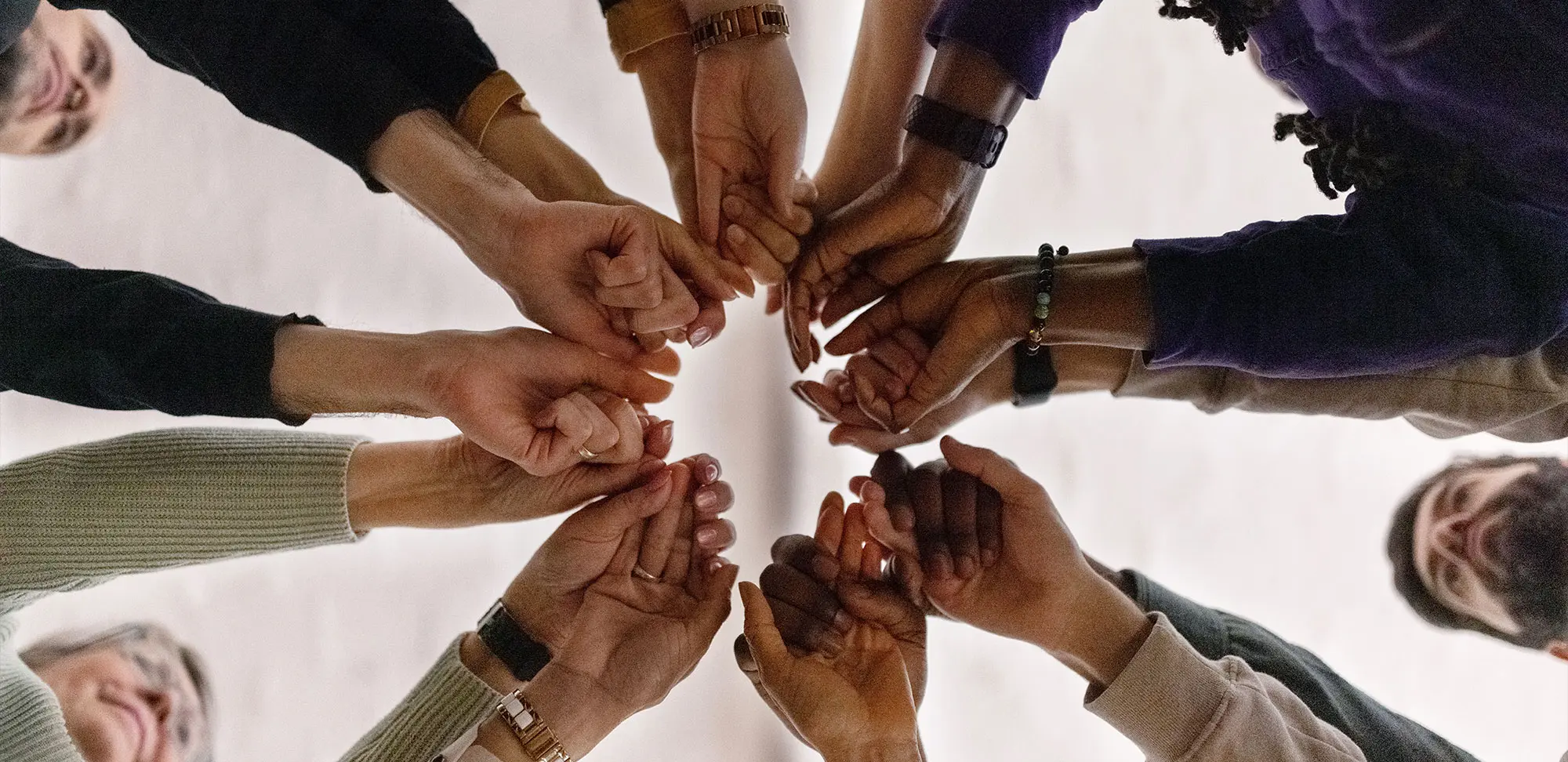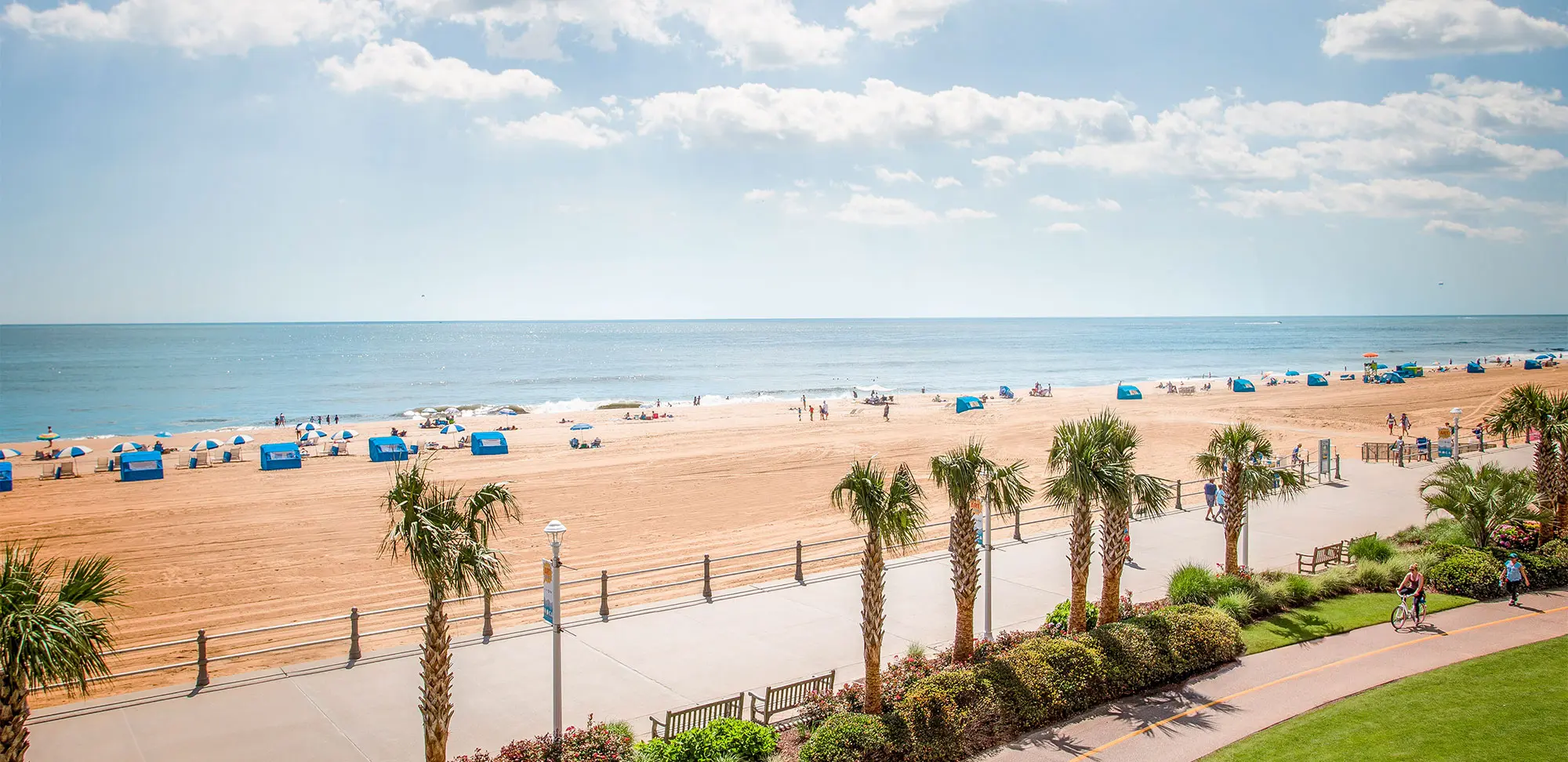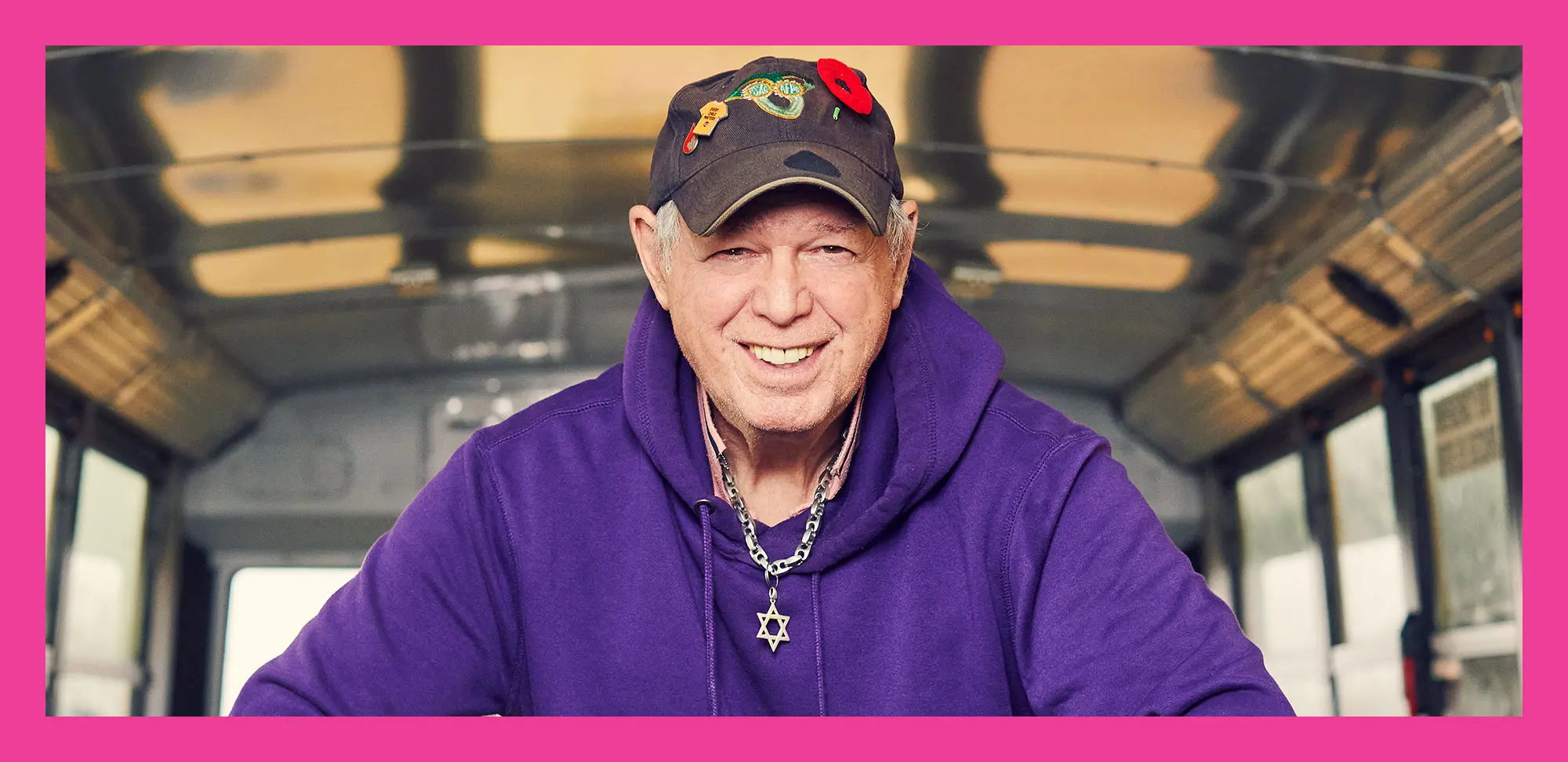Since 1946, ISO, the International Organization for Standardization, has brought global experts together to agree on the best way of doing things – for anything from making a product to managing a process. It also guides businesses in adopting sustainable and ethical practices, helping to create a future where your purchases not only perform excellently but also safeguard our planet.
Headquartered in Geneva, Switzerland, ISO is currently composed of 170 member countries. On a voluntary basis, global experts, related to specific fields and independent of governments, write papers, standards and guidelines accompanied by customized evaluation methodologies.
ISO 14001 standards are blueprints for companies to establish successful environmental management systems (EMS). After a rigorous two-year ISO review and audit period, this past April RTOERO received the ISO certification for environmental management. RTOERO is delighted to join more than 300,000 companies worldwide that are ISO 14001–certified and corporately dedicated to environmental sustainability.
The ISO 14001 certificate reflects RTOERO’s steadfast focus on EMS. In spirit, the certificate is not a reward for past practice; rather, it recognizes RTOERO’s unwavering commitment to environmental performance, continuous improvement of that performance and third-party evaluation of company practices on a regular basis. It is a commitment to the future.
RTOERO’s advocacy efforts have always promoted environmental responsibility to its members and on behalf of its members. RTOERO addresses environmental challenges and suggests how to address them using a variety of communication platforms.
Our initiatives include:
- Creating the framework for environmental stewardship
- implementing the RTOERO Environmental Policy
- developing the RTOERO Environmental Management System
- Changes in office operations
- implementing a computerized HVAC system to manage energy use
- changing lights to LED in our offices
- eliminating desktop office printers
- significantly reducing paper use:
- creating electronic meeting agendas
- encouraging members to register for electronic-only communications and publications
- maintaining most records in electronic format and requesting electronic-only copies from our vendors and partner organizations
- introducing composting bins
- Building awareness, providing training, advocacy position
- regular training/orientation sessions at staff meetings
- information shared with members through articles in Renaissance, monthly News You Can Use and other publications
- webinars on environmental stewardship with guest speakers
- environmental stewardship advocacy position shared with politicians and members
- district executives surveyed on the importance of environmental stewardship
- district environmental stewardship digital tool kit, which is now live on our website on the District Executive Resources page
RTOERO also meets with government leaders to voice concerns about environmental negligence and to urge enacting and applying effective policy. For example, this spring we advocated with government officials on recycling practices, environmentally friendly transportation, and protecting ecosystems, water resources and the quality of drinking water.
RTOERO educates, motivates and inspires members to participate in sustainable environmental practices, personally with their families and in their communities, to minimize waste, reduce consumption and conserve energy and other valued resources.
To find out more about environmental stewardship and how you can get involved in effecting change, visit rtoero.ca and click on “Giving back.” Your votes and your money are powerful influencers.

